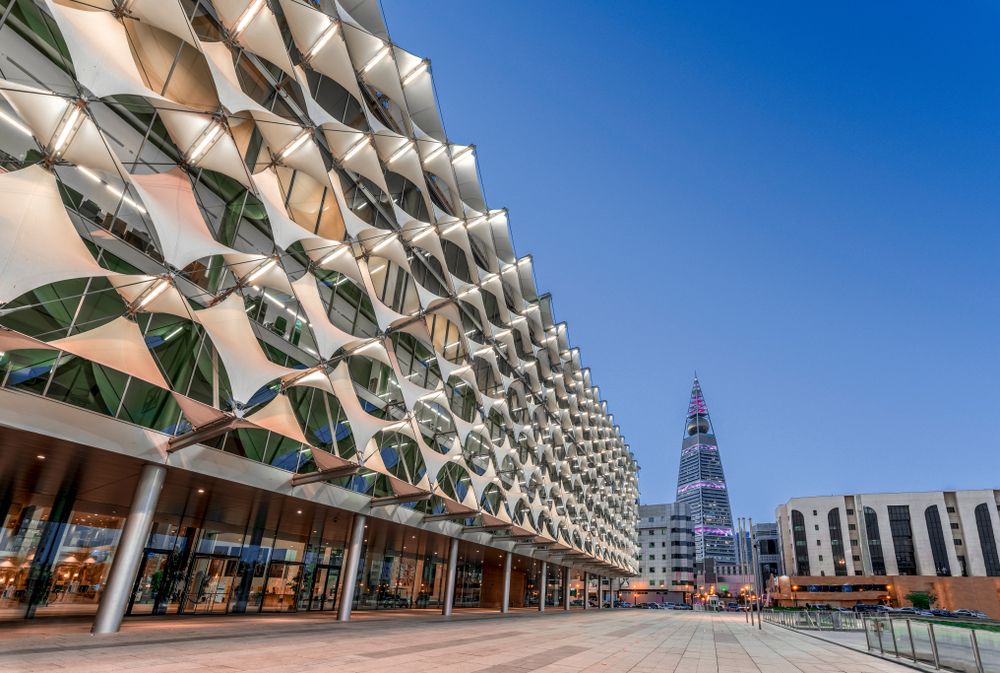Why every investor should be looking at Saudi Arabia

An exponential entrepreneurial shift is underway in Saudi Arabia, and it is attracting substantial venture capital interest, says Luca Barbi, chief operating officer at Saudi Technology Ventures (STV)
Rarely are investors offered transformative opportunities to unlock incalculable value while improving lives for generations to come. A newly accessible Saudi Arabia offers just such a new dawn for the venture capital sector, as its hefty economy is liberalised and a new wave of entrepreneurs seeks to create value for wide swathes of society. Against this economic background, overall venture capital (VC) investments within the country are at a tipping point and have the potential to expand tenfold to $500 million annually by 2025 from $50 million last year. The realisation of such a growth trajectory will result in a cumulative injection of $2 billion between 2019 and 2025, a new STV report on Saudi Arabia’s VC industry shows.
Favourable Market
The swell in VC activity will come on the back of a number of favourable conditions. As the Arab world’s largest economy, Saudi Arabia has a gross domestic product (GDP) of $780 billion, and a per capita income of $55,000 (PPP). With high disposable incomes and smartphone penetration rates of close to 70 per cent, Saudi consumers are seeking out and adopting smart digital solutions to improve their lives. As active contributors to the digital economy, the average basket size for online purchases within the Kingdom stands at around $150 according to Bain & Company, akin to mature markets such as the US and UK, and higher than $100 in China.
These internet users have now intuited the commercial benefits of the digital economy, and are using technology to create economic value as business sectors across the economy seem to have opened up overnight. From edtech and medtech to tourism, agriculture, financial services and the automotive market, a greater number of industries are ripe for disruption, innovation and digitisation.
As the country opensup, digital and legal foundations have been put in place to enable an exponential entrepreneurial shift. A number of infrastructural platforms are bringing enterprise capabilities to mass audiences. Thanks to simplified retail solutions such as the digital storefront site Salla, which already has 8,000 shops, anyone can now launch an e-commerce business within a matter of days. In tandem, regulatory changes such as the new permanent residency programme and expat ownership licence are aimed at foreign founders, and offer them 100 per cent corporate ownership in some sectors, while new bankruptcy and commercial pledge laws fill important gaps in the legal infrastructure.
Success Stories
Opportunities to scale up and expand internationally are also evident. Ventures such as Noon Academy, for example, have shown how homegrown enterprises can expand from Saudi Arabia into the rest of the region, while the cloud communications Unifonic is already being used by companies such as Aramex and Uber.
Finally, a number of success stories have demonstrated the inherent value within the region’s startup ecosystem. Exits such as Souq (acquired by Amazon for $580 million), Careem (acquired by Uber for $3.1 billion), Carriage (acquired by Delivery Hero for $100 million), and Talabat (acquired by Rocket Internet for $170 million) have validated venture capital as a viable investment vehicle in the region.
Already, more VC capital has made its way into the Kingdom as an increasing number of investors seek to harness the exceptional economic prospects ahead. In the first half of this year alone, VC funding reached an estimated $40 million, close to 2018’s entire ticket size, according to startup data platform Magnitt. That’s a year-on-year growth of 82 per cent, but it is just a tenth of the level of investments in markets such as Brazil, France and the UAE, and far behind countries where VC plays a transformative role, such as Singapore and China. Nor is that investment anywhere close to the possible $250 million that Saudi Arabia could have attracted if it was to secure 35 per cent of Mena-invested capital last year, in line with its regional GDP share.
Although there are challenges to its growth, Saudi Arabia is changing at an unprecedented pace. As the aggregate impact of these changes is compounded, VCs have an unparalleled opportunity to see their investments evolve with it.


